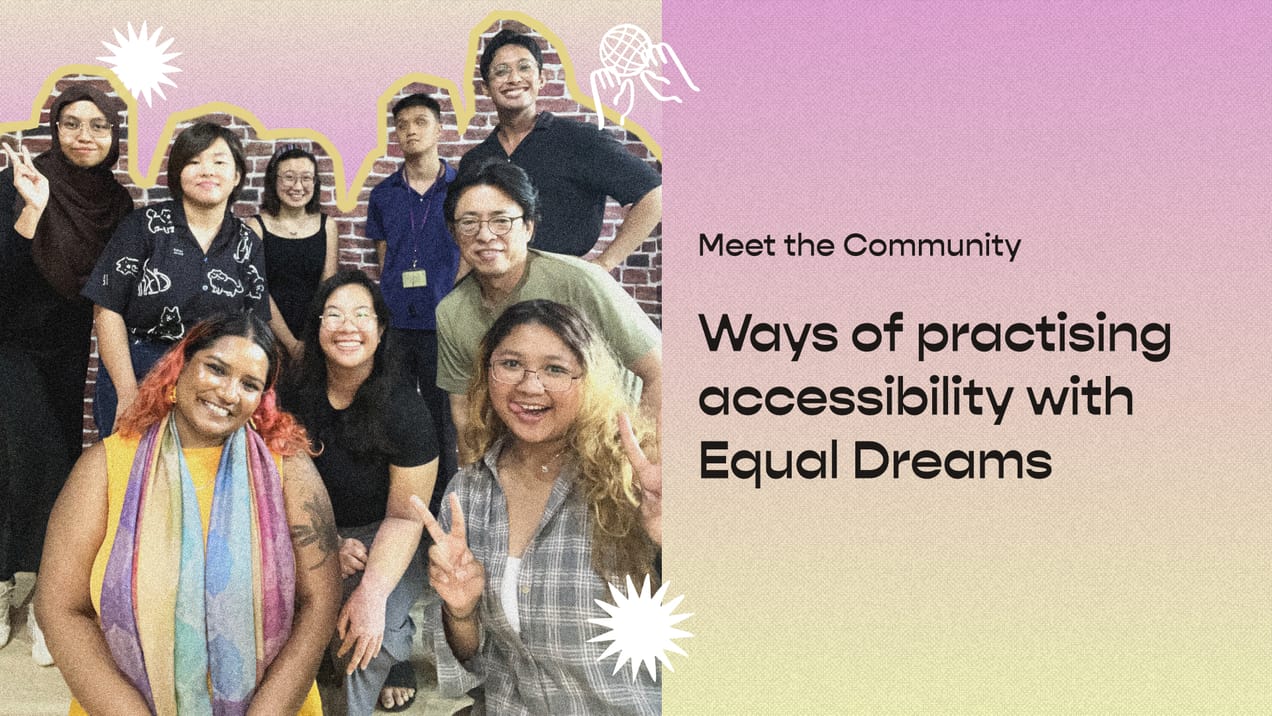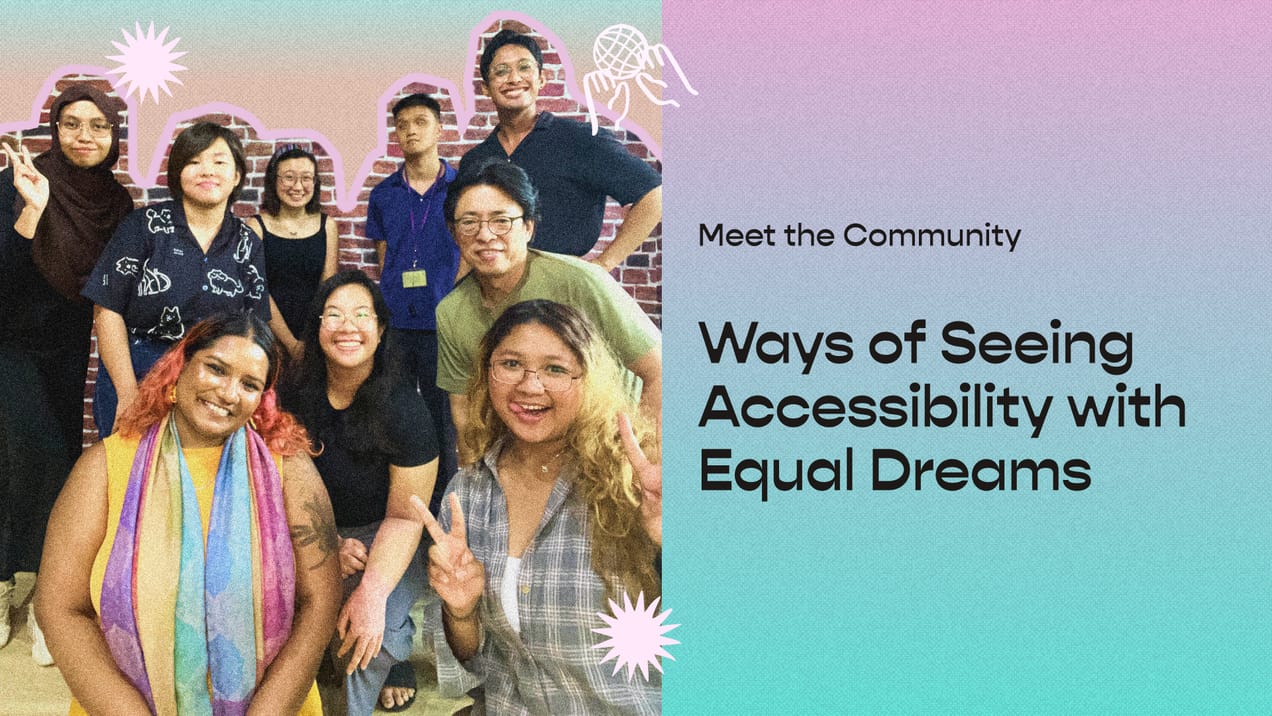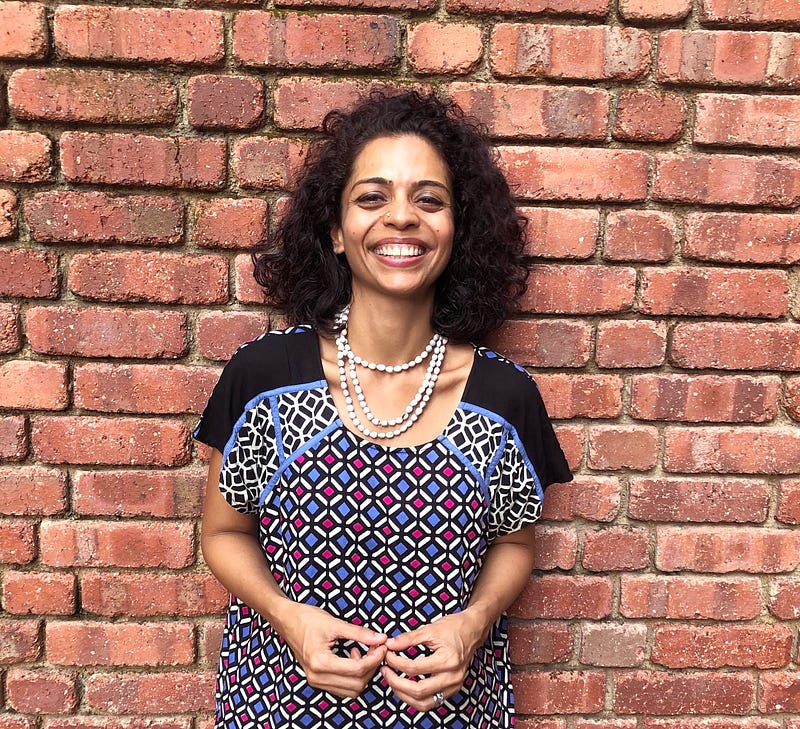
Humans of Kontinentalist: Vinita
Today we caught up with Vinita, our resident editor and writer, and the only actual mother on the team (soft toys, fur babies, and other…
Today we caught up with Vinita, our resident editor and writer, and the only actual mother on the team (soft toys, fur babies, and other colleagues do not count).
Hi Vinita! How did you come to work at Kontinentalist?
I have known Hans (the founder of Kontinentalist) since 2008 when my husband and I were running our own NGO called Access to Justice Asia. Hans approached me a couple of years ago to find out if I wanted to join one of the companies at Potato Productions. The company that resonated the most with me in terms of my interest, and the skills that I felt that I had, was Kontinentalist. I approached Peiying and pitched being involved as a writer, and here I am!
What is your role at Kontinentalist?
I am an editor and one of the writers here at Kontinentalist.
As a writer at Kontinentalist, I’ve largely covered biodiversity, conservation and politics. But there is so much more I want to do and ideas are piling up in folders, which is a happy problem to have! I’ve always been passionate about identity politics, cinema and human rights in Asia. Since joining Kontinentalist, I’ve begun exploring research on infrastructure and development. It is new terrain for me, and it has particular significance in Asia, with rapid urban development and the problems that can come with that.
We live in an era in which there is a cacophony of voices online and in which it is increasingly difficult to separate fact from opinion.
Do you enjoy working at Kontinentalist? If yes, why do you think you like it?
I enjoy it a lot. I have close to two decades of experience working as a writer and editor. But I have spent the better part of that time working freelance for honorariums, or for variable wages. Storytelling is an incredible skill and is integral to how we connect with others. But writers are often underpaid or under appreciated. So it is a genuine pleasure to work in a place where I can do what I love and earn a living as well.
I appreciate the fact that the driving ethos at Kontinentalist is to strive for balance. We bring fresh perspectives to issues that have been widely written about and we try to explain complex issues in as straightforward a way as possible. We live in an era in which there is a cacophony of voices online and in which it is increasingly difficult to separate fact from opinion. So it is good to be in an environment that encourages you to write what you feel passionate about, but to go beyond and explore areas you are not familiar with, always with a view to presenting as broad a perspective as is possible.
Writing is a metaphorical way to be a nomad. As a scribe, you hear other people’s stories, you move with them through their journeys and memories and you act as a bridge, bringing those stories to others elsewhere.
What is your background? What did you do before coming to Kontinentalist?
I am interdisciplinary by nature. So I have been a musician in several bands, worked with the Singapore and Toronto International Film Festivals, with the National Museum of Singapore, Wildlife Reserves Singapore, with music and film publications, research institutions and as a co-founder of my own human rights NGO, Access to Justice Asia. I am quite restless!
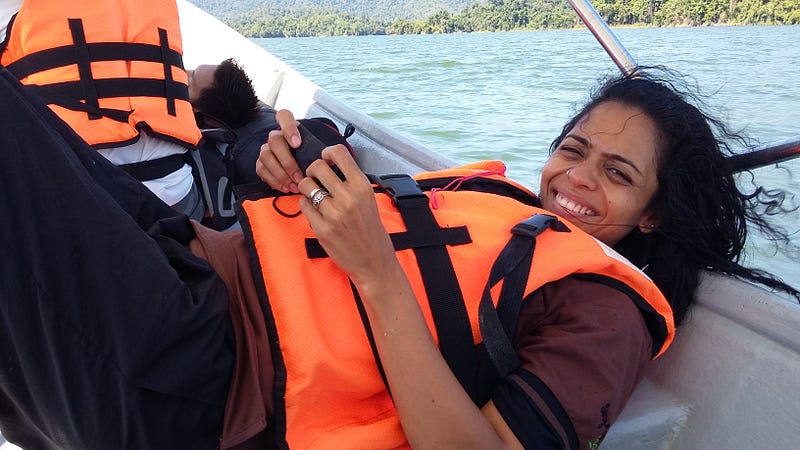
But writing is the one thread that I have woven through everything I have loved to explore. Writing is a metaphorical way to be a nomad. As a scribe, you hear other people’s stories, you move with them through their journeys and memories and you act as a bridge, bringing those stories to others elsewhere. And now I have begun exploring spoken word poetry as a way of bringing those words to the stage, to a physical space, to share it with others more viscerally.
The other thread that weaves through my life now is my two-and-a-half year old daughter, Sahana. It is the hardest and most beautiful experience I’ve had in my life so far. I used to talk about impermanence as a philosophical concept. Now, I see that play out when I watch her evolve, change and shift each moment.
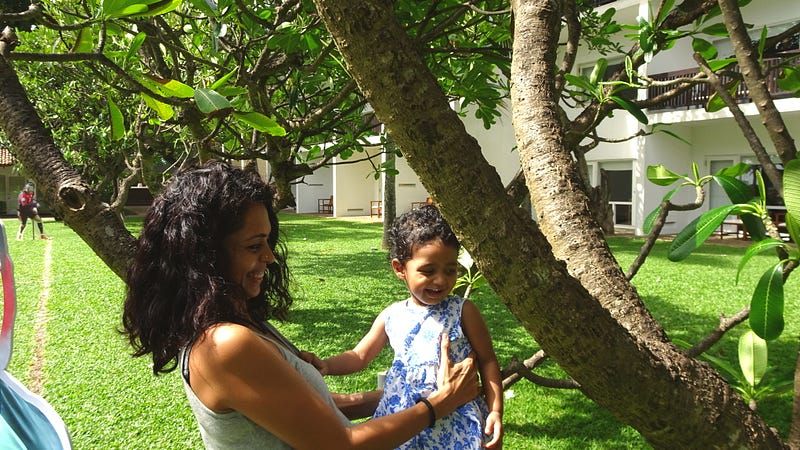
Where would you say that you draw your inspiration and influences from?
The most defining influence came from straightedge and punk rock music through bands like Fugazi and Bad Religion. That set a foundation for me as a teenager on what it means to have a set of principles, to live true to your ideals and to be creative, but have humility. Music is hugely influential in my life.
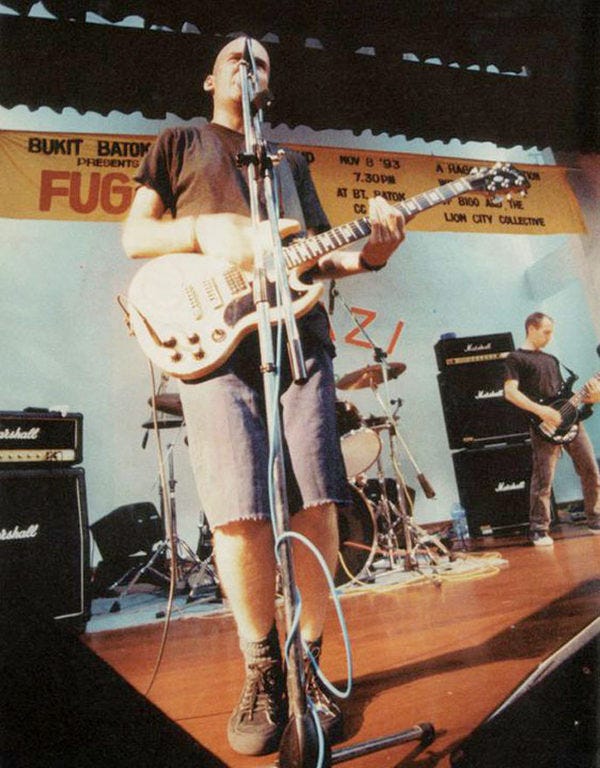
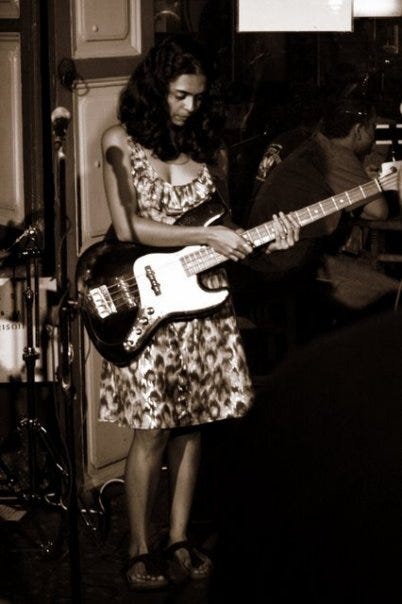
There are an array of people that I have met in Asia (especially in Cambodia, Sri Lanka and Indonesia) who work on issues such as human rights and conservation, who are a source of inspiration for me. I have seen them work under such difficult circumstances, in countries where they have to deal with corruption, political sensitivities and scant funding for the work that they do. I’ve done interviews with these people and they have told me about receiving death threats or facing possible imprisonment. Yet they are so intrepid, so committed to their cause. It comes from a deep love for their community, for their land, their country.
But whenever I feel unanchored, or my compass is flitting and I have no direction, to this day I think of the survivors of genocide in Cambodia, whom I had the honour of knowing over 8 years of fieldwork.
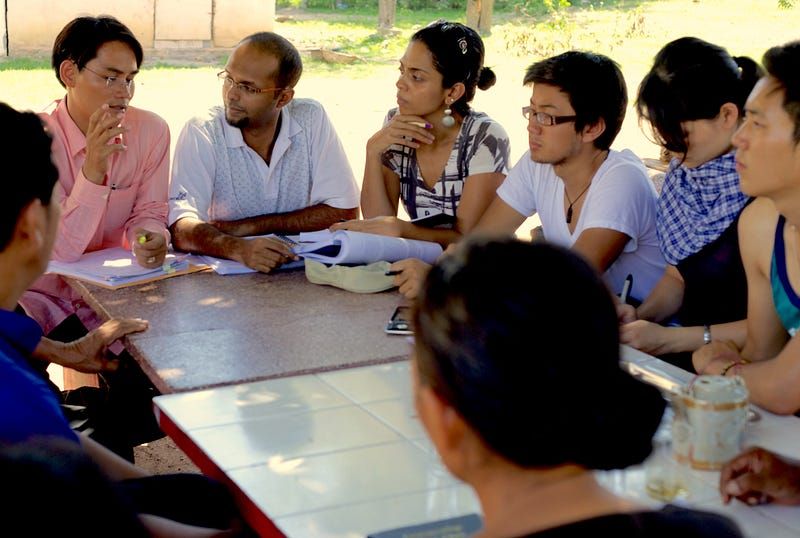
I think of Koem So from Pursat, Cambodia. He lost most of his family members. Like many Cambodians of that period (1975–1979), he witnessed mass executions. He was imprisoned and tortured. Yet, he sat before us on many occasions, smiling broadly, as gentle and patient as a saint, sharing his testimony, over meals and tea. The playwright Erik Ehn talks about how language is inadequate, how it collapses when confronted with violence at that scale. Despite the inadequacies of language to capture this suffering, people like Koem So talked to us. They have done more than survive. They’ve grown older, started families, raised children, grown food. That is transformative. You take care not to speak of struggle in your life, after you’ve witnessed something like this. It was an incredible honour to hold space for stories of survivors, and I hope to continue doing that work. That is what I hope Sahana will come to care about when she is older as well.
This or That
Beach or mountains?
Beach
Dance or sing
I can’t decide! I used to sing but now I’d rather dance.
Paint or sketch?
Paint
Map or globe?
Map
Fiction or nonfiction?
Nonfiction.
Favourite Food
Sri Lankan cuisine (vegetarian). Literally anything and everything Sri Lankan. It’s so good! It’s easily my favourite cuisine. If I had to eat it every day until I die, I would be fine with that.
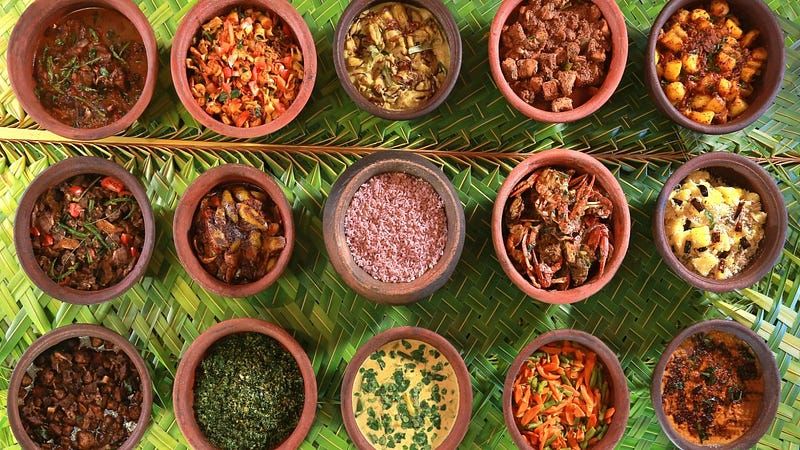
Favourite Drink
Coffee — DUH. I am so happy that there are several coffee-loving geeks at Potato Productions. We should start a club.
What would you say is the hardest or most challenging story that you have written for Kontinentalist?
Because India is the world’s biggest democracy, with the greatest number of registered political parties in the world. I felt that no matter how much research I did, I would never know if I had done enough or if what I had written would be a misstep of some kind that was going to offend someone on the political spectrum. So for me, it was a really fun challenge to figure out how to navigate this, how to try to give people an overview of what was coming in the world’s biggest election, and take a position, but not seem like I was biased. Striking that balance was difficult. But I enjoyed it!
What would you say is your favourite story that you have written for Kontinentalist thus far?
Funnily enough, the story on weird beasts! It was fun to riff-off of Harry Potter and Newt Scamander and to make the point that fantastical creatures in fiction are based on real creatures that we can still find on this amazing planet. For the research, I relied on highly reputable ichthyologists (fish researchers!) and biologists who were so forthcoming and patient with sharing their data. I enjoyed getting readers to care about these tiny and seemingly insignificant vertebrates.
Since you also edit so many stories, do you have a favourite story you have edited to date?
Okay, I need to start off with a disclaimer first: I generally enjoy editing because it is a technical skill, but it is also an art, and I still feel that I am learning a lot as an editor. It’s impossible to pick a favourite! Can I pick one per writer?
(Interviewer: I think that might make this piece a bit long.)
Okay…Instead of favourite stories, let me share the stories that I learned a lot from. The transgender story by Bella: I have always been very fascinated by manifestations of transgenderism in mythology. I’m familiar with stories in Hindu mythology, in particular. Contemporary discourse on this does not capture all of the historical, cultural and religious nuances of challenging gender norms. I felt that Bella’s story was a great primer for that.
Peiying’s story about the colour blue was a pleasure to both read and edit. I like to think of myself as moderately well-read on art history, but there are significant gaps in my knowledge. I loved the way Peiying’s story shows you that something as seemingly innocuous as a pigment, can bring you on a journey through Asia that touches on geology, trade, politics, and mercantilism.
*Grumbles and would like to mention more stories*
What is your writing process like?
It can be haphazard and deeply frustrating, but that’s almost a part of the journey of being a writer, in any genre, I think! Since joining Kontinentalist, my writing process has an additional dimension, which is researching and finding datasets that are relevant to the story. So I usually have a document for collating information and research, and another for collating datasets or suggestions for the sort of infographics that will work for the story. Every story has to include these components. That is new for me. It adds a quantitative and technical dimension to the story, which is key to content creation at Kontinentalist.

